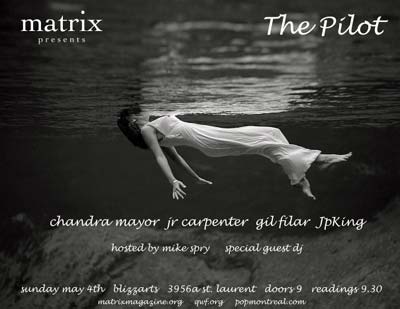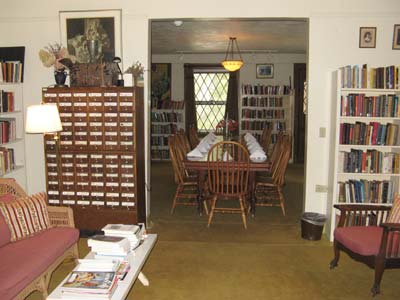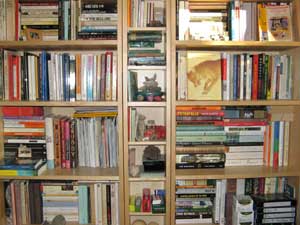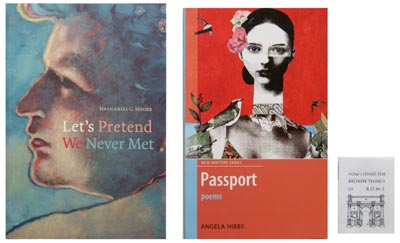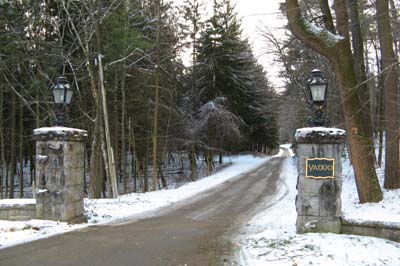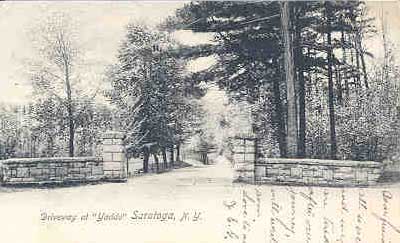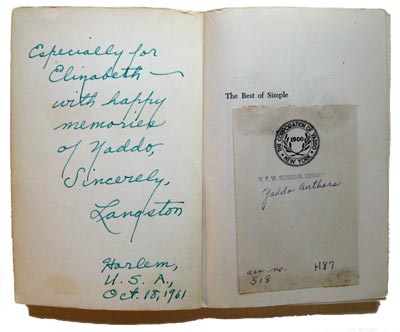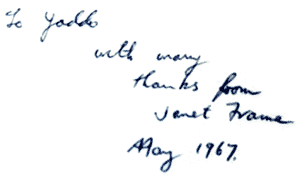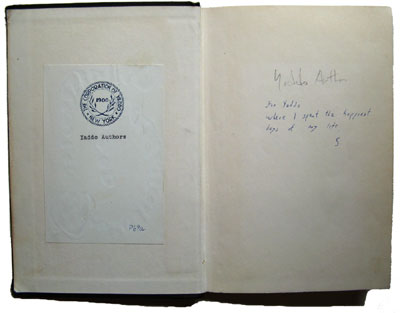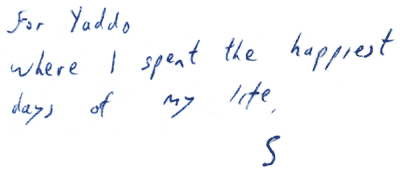
If you happen to be in Vancouver on Saturday May 24th at 7:30PM, come on down to the Helen Pitt Gallery for the launch of Tributaries & Text fed Streams. I’ve been working on this project for just over six months now and am thrilled to see it nearing completion. I’m also thrilled to be heading to Vancouver for this launch. I have so many dear friends in that fair city yet have spent next to no time there. Looking forward to seeing you all – you know who you are!
Tributaries & Text-Fed Streams is commissioned by The Capilano Review and curated by Kate Armstrong. The work explores the poetic, formal and functional properties of RSS using the text of an issue of literary quarterly The Capilano Review as raw material raw the creation of a new artwork. Since January I have reading and re-reading the essays, parsing them into fragments, annotating them, marking them up, tagging them and posting them. Once fed into an RSS stream, the fragments are re-read, reordered, and reblogged in an iterative process of distribution that opens up new readings of the essays and reveals new interrelationships between them.
At the launch event I will read from the piece and perform a guided tour of the various streams feeding into and flowing out of it. In addition, curator Kate Armstrong has put together a programme of experimental readings by practitioners in disparate fields such as quantum physics, geography, and poetics, arranged to explore ideas of streams, seriality, or flow. Participants in the launch event will include Maria Lantin, Michael Boyce, Jeremy Venditti, Global Telelanguage Resources, and me, J.R. Carpenter.
The work will be simultaneously launched on Turbulence.org.
Launch Event:
Saturday, May 24th, 2008 at 7:30pm
Helen Pitt Gallery, 102-148 Alexander Street, Vancouver, BC.
A reception will follow.
For those of you who can’t make it in person, here are some URLS:
Tributaries & Text- Fed Streams: http://tributaries.thecapilanoreview.ca/
The Capilano Review: http://www.thecapilanoreview.ca/
TCR Issue 2-50 : “Artifice and Intelligence”: http://www.thecapilanoreview.ca/archive.php?id=series2/2_50
J.R. Carpenter: http://luckysoap.com/
Turbulence: http://www.turbulence.org
. . . . .
